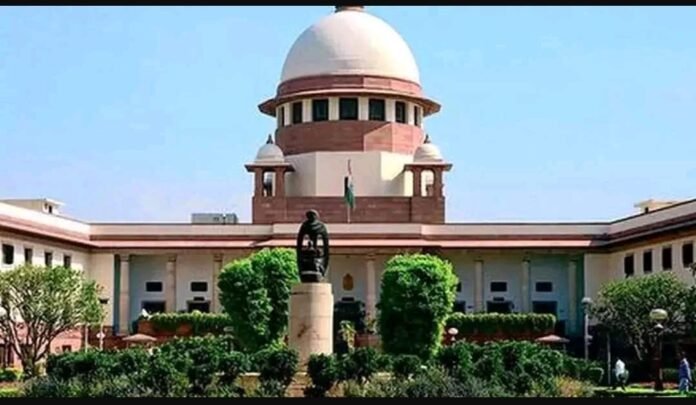In a recent judicial development, the Supreme Court of India has raised a crucial constitutional question, challenging the ability of Parliament to render the Delhi Government powerless over its administrative cadre, commonly known as “babus.”
The issue at the heart of this legal debate lies in the division of powers and responsibilities between the elected government of Delhi and the central government. The Delhi Government, led by an elected Chief Minister, has long grappled with challenges arising from its lack of full control over key administrative functions, which are often overseen by officers from the Indian Administrative Service (IAS).
The apex court has now stepped in to examine the constitutionality of a provision that allows Parliament to influence the administrative machinery in the National Capital Territory of Delhi. This provision, a contentious one, has given rise to tensions and conflicts between the elected representatives and the bureaucracy in the region.
The question before the Supreme Court is whether it is within the constitutional scope of Parliament to curtail the powers of the Delhi Government concerning the appointment and transfer of “babus.” If upheld, this provision could potentially undermine the principles of federalism and democratic governance, as it empowers the central government to exert undue influence over locally elected authorities.
The case has generated significant interest and speculation, with legal experts and political commentators closely observing its implications for the delicate balance of power between the central and state governments. The outcome of this landmark judgment may have far-reaching consequences for not only the Delhi Government but also for other state governments facing similar challenges in their administrative functioning.
Various parties involved in the case have presented compelling arguments both in support of and against the existing provision. Those in favor of maintaining the status quo argue that the central government’s intervention is necessary to ensure effective governance and coordination across different levels of administration. On the other hand, proponents of bolstering the Delhi Government’s powers contend that local authorities should have full autonomy to make decisions that directly impact the lives of their constituents.
As the proceedings unfold, it remains to be seen how the Supreme Court will rule on this contentious matter. Regardless of the verdict, this case serves as a reminder of the complexities inherent in the federal structure of India’s governance and the constant need to strike a balance between centralized authority and regional autonomy.
The Supreme Court’s deliberation on Parliament’s authority to limit the Delhi Government’s control over its administrative cadre has sparked a crucial debate on the principles of federalism and democratic governance. The judgment is eagerly awaited, as it could significantly impact the dynamics of power-sharing between the central and state governments, setting a precedent for future cases concerning administrative authority across the nation.

